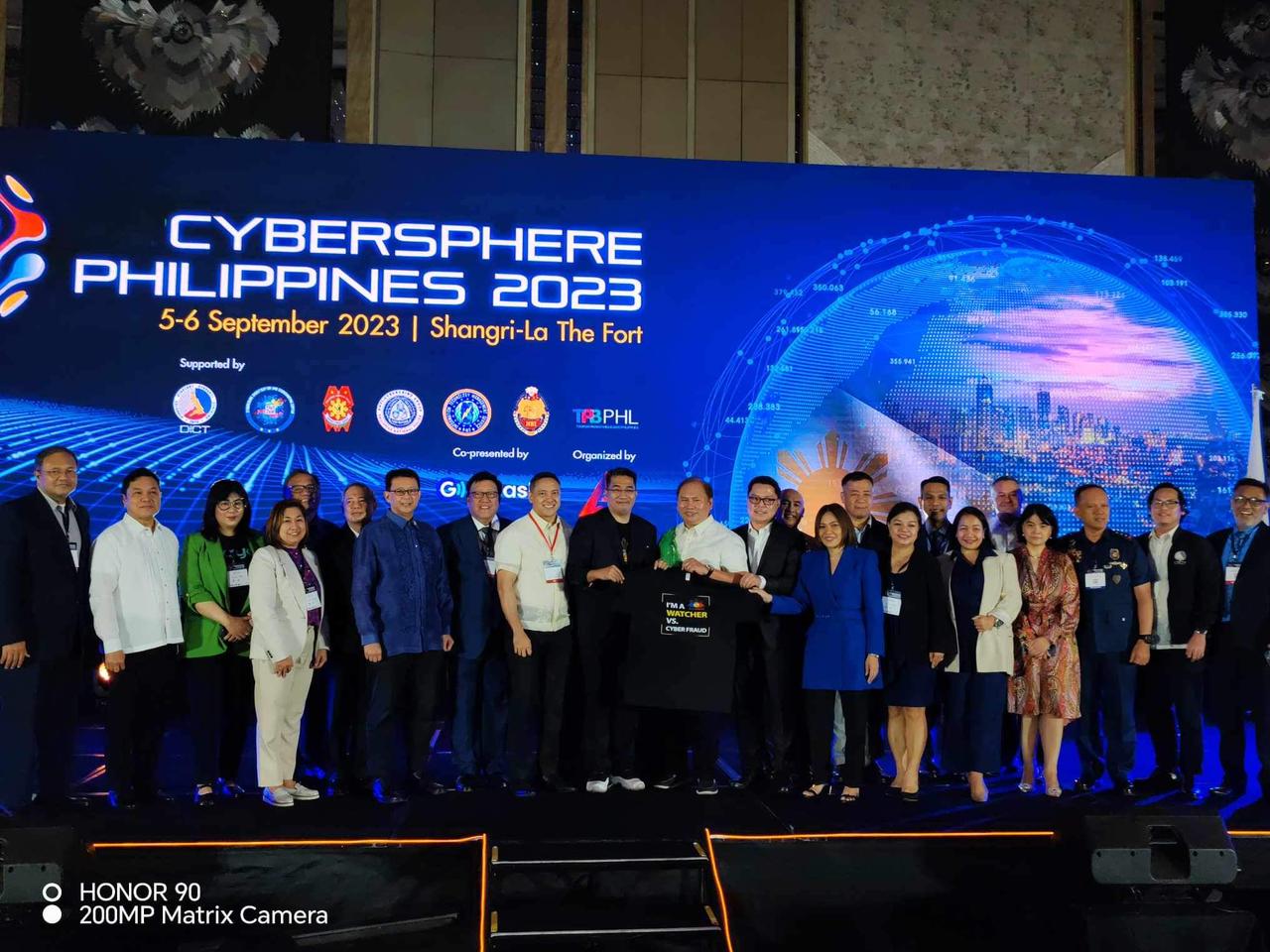The pandemic accelerated the digitalization of Filipinos in 2020. Digital transformation is progressing two years into the pandemic. With new movements come new opportunities to display and develop digital and tech products and services, but they also come at the expense of increased cybersecurity concerns.
With a projected 85 million Filipinos utilizing the internet in 2022, 11 hours is the average amount of hours per day that Filipinos use the internet. As of 2022, the estimated number of Filipinos utilizing social media is 93 million, and 58 million Filipinos use e-wallets.
According to the National Statistics Authority, the expected total yearly spend of Filipinos on online products purchases increased to 17.9 billion US dollars in 2022, putting the value of the Philippine digital economy at 2.08 trillion pesos, or 9.4% of GDP. Indeed, we have evolved into a digital nation.
However, unforeseen consequences of digitalization include cybercrime, particularly cyber fraud. According to Frost & Sullivan, the expected economic loss from cyberattacks in 2018 was 3.5 billion.
With the rise of cybercrime, the private sector is investing millions of dollars in cutting-edge cybersecurity to defend their digital infrastructure.
Many organizations that have extensively invested in the digital industry have participated in forums like these with various government agencies to address the cybersecurity policy and skills gap, which is critical at the macro level.
However, the inability to address the cybersecurity knowledge gap at the micro level has been overlooked. Although data are given, the real value and quantity of Filipinos who are victims of cyber fraud cannot be determined. This is due to the fact that many of these victims do not report or do not know where to report.
Because of a lack of digital literacy and a cyber hygiene mindset and attitude, we do not have a strong cybersecurity culture at the grassroots level. Filipinos are more concerned with a fast internet connection than they are with security. This is why Truth360, a start-up reputation management and advocacy marketing firm, established Scam Watch Pilipinas.
Scam Watch Pilipinas is a national cybersecurity movement co-founded by Jocel De Guzman to educate Filipinos and instill cybersecurity culture in every household against cyber fraud, with a vision to bring together companies, government, various sectors, and the public to build a community of watchers in key cities and towns nationwide.
Scam Watch Pilipinas addressed the unintended consequences of digitalization, specifically cyber fraud and online scams, at the Cybersphere Philippines 2023 held in Manila, Philippines on September 5 & 6, 2023, by educating and empowering Filipinos through a unified front involving companies, brands, various sectors, and key government agencies. The forum was hosted by the Department of Information and Communications Technology (DICT).
Cyberspehere Philippines 2023 intends to bring together cyberspace experts, professionals, and enthusiasts to debate the most recent breakthroughs, issues, and solutions in cybersecurity.
In his keynote address, De Guzman strongly encouraged Filipinos to report incidents of cyber fraud to the Inter-Agency Response Center (I-ARC) by dialing Hotline 1326 and other government reporting channels.
“We are here to build a vigilant multi-sectoral community nationwide under Scam Watch Pilipinas to become the national citizen arm of the government in fighting cyber fraud. And also to establish a system that educates individuals about the various online scams prevalent today and to empower internet users to take action against the scammers. We want to nurture a cybersecurity culture and mindset in every Filipino household,” De Guzman added.
Scam Watch Pilipinas’ objective includes developing and proposing digital literacy and cyber hygiene curricula for elementary and high school students in order to prevent the next generation from cyber fraud. “We are partnering with Journalism Studies Association of the Philippines and academe to create a digital literacy and cyber hygiene module,” De Guzman said in his speech.
In an interview, De Guzman stated that a lack of digital literacy and cyber hygiene encourages fraudsters and scammers to continue their wrongdoing. To combat these concerns, Scam Watch Pilipinas recently launched Kontra Scam Attitude, which urges Filipinos to practice safe internet hygiene. The Kontra Scam Attitude offers four methods for combating cybercrime. Mag-damot. Mag-duda. Mang-isnab.Mag-sumbong.
De Guzman thanked Department of Information and Communications Technology – DICT Secretary Ivan Uy and Cybercrime Investigation and Coordinating Center – CICC Executive Director Usec. Alexander Ramos for believing in their vision and for opening the doors of the government for collaboration in protecting the Filipinos against cyber fraud.
Like and follow Scam Watch Pilipinas on Facebook for more information.

